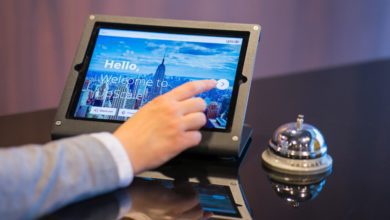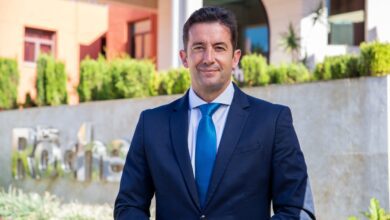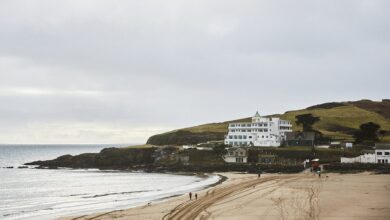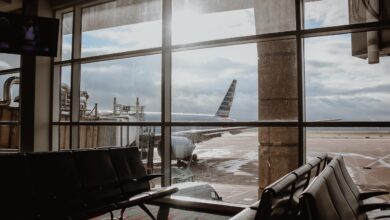Running a hotel in a UNESCO Biosphere
By Mark Emmington, the director of Comis Hotel and Golf Resort in Douglas, Isle of Man
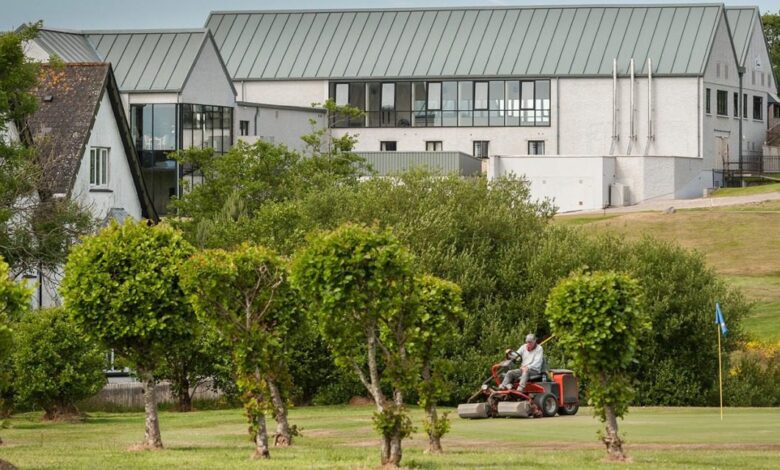
Climate change and sustainability continue to top business priority lists, and with tourism being responsible for around 8% of the world’s carbon emissions, our industry has a critical role to play. From airlines and hotels to destination marketing organisations and leisure attractions, we all have a big role to play in helping visitors reduce their impact on the places they visit.
Taking action here is imperative not only to protect our world, but also increasingly to keep up with consumer demand. Over the last few decades, travellers have become increasingly aware of the impact that tourism has on the environment, and more and more people are starting to make holiday decisions with these concerns in mind.
For the team at the Comis Hotel on the Isle of Man, the need to balance commercial priorities with sustainability has an added third dimension. The small island nation in the Irish Sea is the first in the world to be designated a UNESCO Biosphere – an international mark of excellence, where active conservation sits alongside responsible development.
While businesses everywhere have a responsibility to protect our planet, the Comis’ place in a UNESCO Biosphere means this is even more important. Running a hotel in a Biosphere requires the team to do business responsibly, balancing growth with respect for the environment, community and the island’s heritage.
As the largest hotel on the Island, the Comis also has a responsibility to lead the way, while developing the Island’s economy. The Isle of Man has long enjoyed a strong tourism scene, in particular attracting visitors from the North West of England and from Ireland, but an ambitious new economic strategy from the government includes plans to boost tourism numbers to 500,000 visitors every year and reach 5,000 jobs in the visitor economy by 2032. Close collaboration between tourism businesses, the island’s tourism board and the government will be required to achieve this growth in a sustainable way.
The Comis, therefore, works to protect the island’s natural resources, while also achieving business success. Part of this has included reducing energy consumption, water use and waste across the resort — which in time will lead to further cost savings.
In order for hotels to reduce their environmental impacts, they first need to understand their existing footprint. In summer 2022, the team conducted a thorough review of all the resort’s systems and their energy usage. This revealed some interesting information and allowed the team to adjust the running times for heating and air handling systems, leading to a significant reduction in energy use across the estate. The audit also allowed the team to determine the energy usage of each individual department.
They used this information as a basis for a series of energy workshops to engage staff and encourage everyone to work together towards reducing energy consumption, and therefore, the hotel’s overall carbon footprint. The hotel now monitors energy consumption on a weekly basis and makes adjustments where necessary to minimise usage. Despite increases in the number of customers and visitors at the resort since the audit was carried out, the team has seen a reduction in energy usage of around 20% following these initiatives.
Another important part of protecting our world is encouraging visitors to get involved in the culture of the places they visit. This is also a key theme of the Isle of Man’s Biosphere status; alongside recognising and preserving natural resources and beauty, the status requires the island to spotlight and protect its history and heritage.
The Isle of Man has its own unique traditions developed through its Celtic roots, including its own language, Manx Gaelic. The Comis Hotel considers it very important to promote the island’s cultural heritage alongside their environmental credentials. This actively involves our presence in local cultural and heritage events, as well as encouraging guests at the hotel to experience this side of the Island.
In addition, the hotel’s two restaurants source local produce wherever possible and have a special Manx themed function menu. Not only does this promote local traditions and provide custom to local businesses, it also helps reduce carbon emissions by cutting the distance produce travels before reaching diners’ plates.
These initiatives demonstrate how all hotels can help tourists reduce their impact on the environment while remaining competitive in business terms. Taking leadership on environmental issues means the Comis team is able to contribute to the growth of their island’s economy in a way that preserves both environment and heritage for many years to come.




